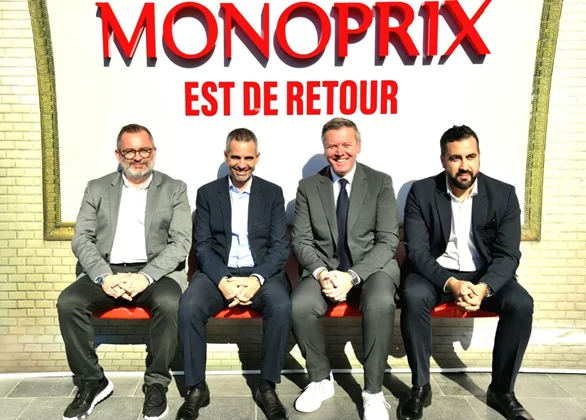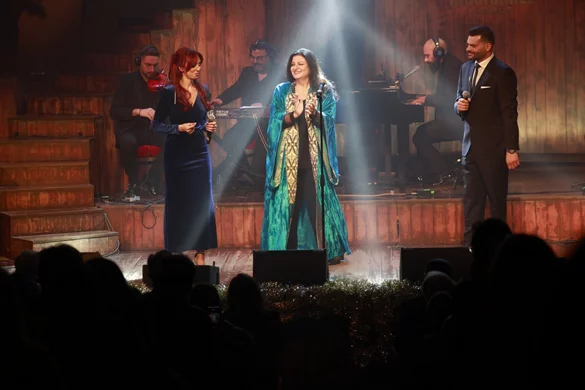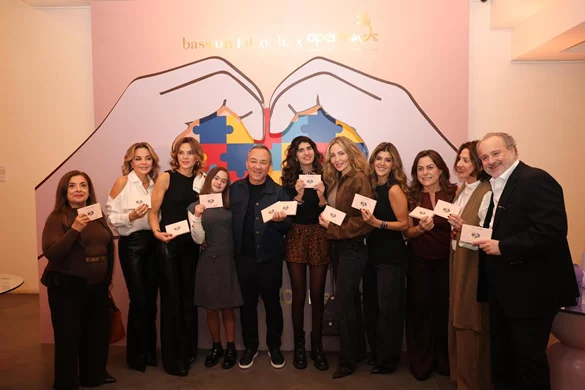Six Lebanese short films and documentaries are taking part in two categories within the 14th edition of the Beirut International Film Festival (BIFF), which will be held from October 1 to October 9 at "Planete Abaj' theaters in Furn el Shebbak. Noticeably, all these films focus on social and humanitarian issues with some of them inspired by personal experiences far removed from politics or the Lebanese war.
Four Lebanese films are thus competing for prizes under the Middle Eastern Short Film Category, which comprises a total of 17 films.
Women... and their mirrors
Two of the four Lebanese movies are USJ-IESAV productions. One of them is Le Miroir, a French-speaking movie by Lebanese-French director Céline Kotaiche who chronicles the life cycle of women and its evolution across four seasons from birth to death, albeit from the standpoint of... a woman's mirror. Eva, who symbolizes all women across the world, examines herself daily in the mirror and discovers, at every stage of her life, new transformations in her body and intimacy. Over fifteen minutes, the woman grows old against a backdrop of a bathroom, which changes along with her evolving life cycle. She starts out as a young woman in spring before growing and reaching the summer of her life. Her looks later start to change in autumn until winter sets in. Everything around her in the bathroom then dies, her mirror is ruined and the signs of age start taking their toll on her progressively until she fades out. Kotaiche believes that being a woman allowed her to film the life stages of this woman and her relationship with the mirror realistically. She describes the mirror as "her constant companion in times of joy and pain." In her opinion, "men will be even more curious than women about watching the movie to learn more about the intimate life of women, especially since the mirror cannot hide any detail and shows everything as it truly is."
With Thy Spirit... in the convent
The second IESAV production is Karim Rahbani's With Thy Spirit, which is staged in a Lebanese convent. Father Geryes, the father superior, is inadvertently involved in the death of Abdo, the butcher, following a quarrel between the two men. He thus hesitates whether to come clean to the other monks about what happened, or keep the secret. His situation gets further complicated when, upon trying to hide the body, he sees the specter of Amin, a young boy from the Syrian town of Maaloula who has found refuge with the monks in Lebanon following the death of his parents. Director Karim Rahbani says that he has been influenced from a very young age by Marcelino pane e vino, a movie about an orphaned infant who is left on the threshold of a convent and who goes on to live with the monks, hence the inspiration source of With Thy Spirit. In an attempt to gain a better knowledge of life within a convent, Rahbani spent six days in a convent during which he observed how monks deal with one another knowing that the making of this movie took him about one-and-a-half year.
Beirut... from under the bridge
In My apologies to Beirut, architect Antoine Fadel tried to portray the urban transformations in Beirut through the eyes of a mechanic in his sixties who, following the loss of his family and home in Beirut, sleeps alone under bridges and moves from one location to another while observing the city he knows so well and the urban transformations in it. Fadel was inspired by a taxi driver who sleeps on a couch under the bridge between Tariq al-Jedideh and Burj Hammoud, and who has painted graffiti in the background and adorned the place. Fadel's movie addresses the issue of "building high rises and towers without paying any heed to the preservation of the city's key features."
Yalda the survivor... and the loss of loved ones
The same category features Rusha Faraj's Yalda.
"Yalda" originally refers to the holiday on which Iranians celebrate the winter solstice, which marks the longest and darkest night of the year. Some believe that this tradition wards off misfortune and bad luck. The film tells the story of Yalda, the sole survivor in a car accident that kills her four friends - three young men and one young woman - as they were helping their Syrian refugee friend return to his country. Rusha Faraj recounts over 36 minutes stories of love, friendship, relation to one's country and the feelings resulting from death and the loss of loved ones.
Between the Bedouin... and the city girl
In addition to the three competitions, two other Lebanese films are competing under Public Square, a sub-category within the "Rejection Front" category, a new addition to this year's edition of the festival.
Beirut Hanan Beirut is a documentary by Patrick Issa, which highlights the cultural exchange between two girls. The first lives in Beirut in a consumer-oriented society where all modern technologies are available. This girl is a civilized and ambitious rebel who has yet to find what she is looking for in life. By contrast, the other girl, also a rebel, is a smart Bedouin who lives with her parents, raising cattle in the highlands of Oyoun al-Simane. She is deprived of her most basic rights and has even forgotten that she is a woman, and dreams of becoming a flight attendant. Beirut Hanan Beirut is the first film directed by Patrick Issa whose inspiration for this documentary was derived from seeing his sister talk to a Bedouin girl while he was taking pictures of a nomad encampment near Mount Sannine. The film underscores the contradiction between two different environments, which are located no more than 50 kilometers apart in the same country, yet living within a 100-year gap. The documentary sends out a clear message calling upon Lebanese women to find the right balance between these two ways.
HIV-positive director: That is how society has treated me
Under the same category, Will You Marry Me? Is a documentary focusing exclusively on the life of its young director Zuheir Kreidieh, a seropositive living with his boyfriend Rami. The film concentrates on the reactions of the director's family and friends and the broader society upon hearing the news about his disease. Through this film, Kreidieh paints a detailed picture of what he has gone through ever since he was infected with the disease. In so doing, he is trying to belittle the importance of AIDS and criticizing how some hide it from their partners. From his detention and expulsion from an Arab country where he had gone to look for a job to his conflict with his father and his leaving his parents' home, his deteriorating relationship with his "ever-busy" mother" and the behaviors of his college friends, he thus chooses bold scenes to deliver his message.



-140922044449126.jpg)
-140922044456879.jpg)
-140922044458922.jpg)
-140922044501918.jpg)
-140922044519873.png)
-140922045015384.png)
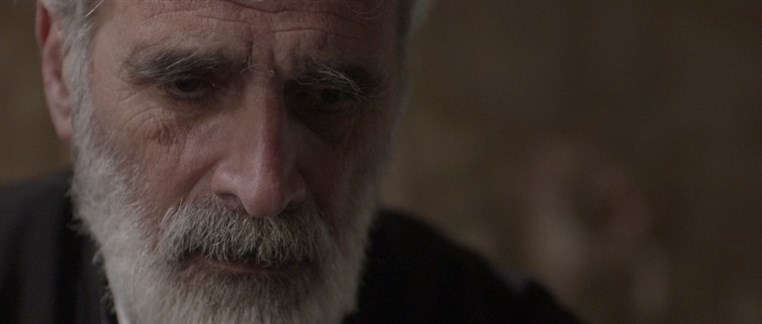
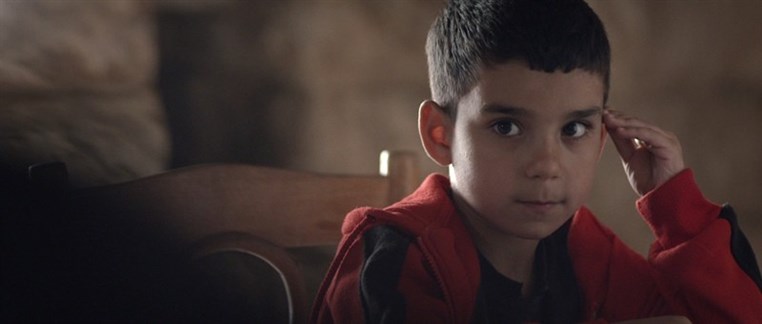
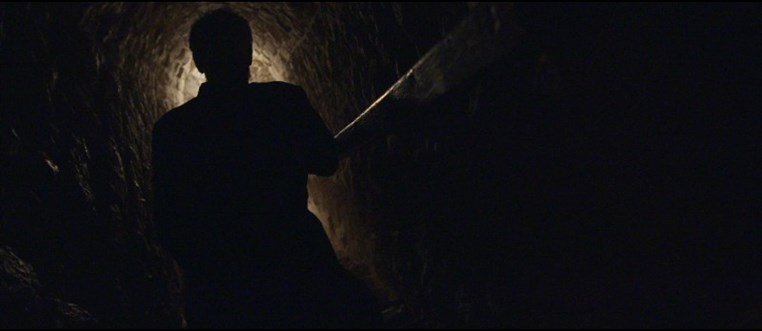
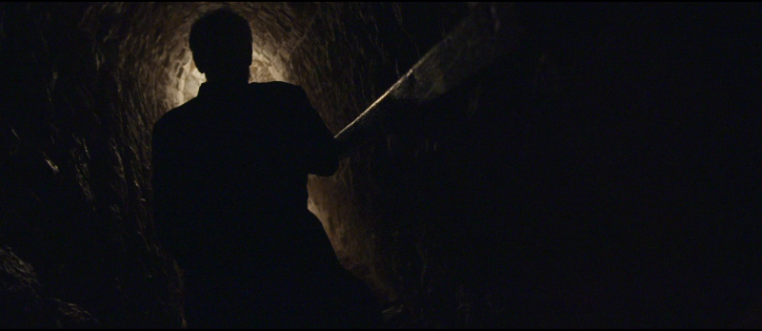

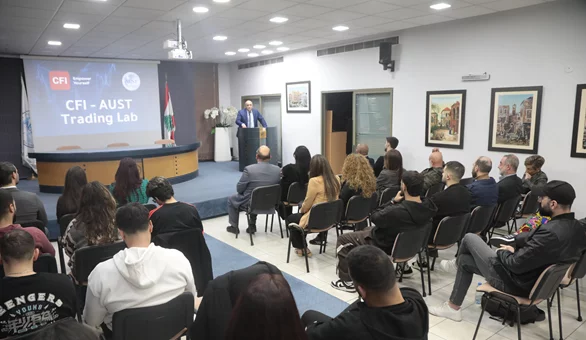
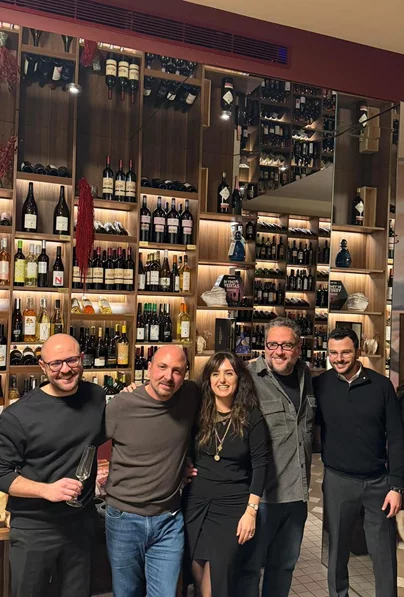
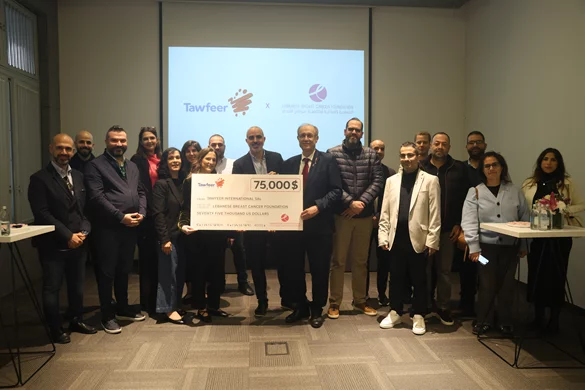
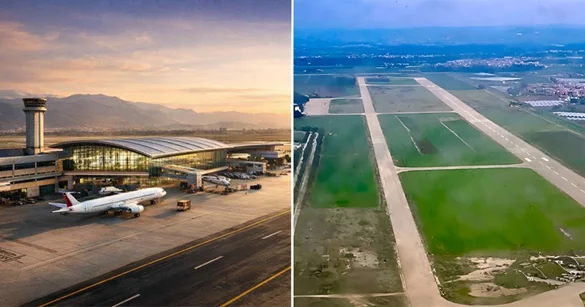

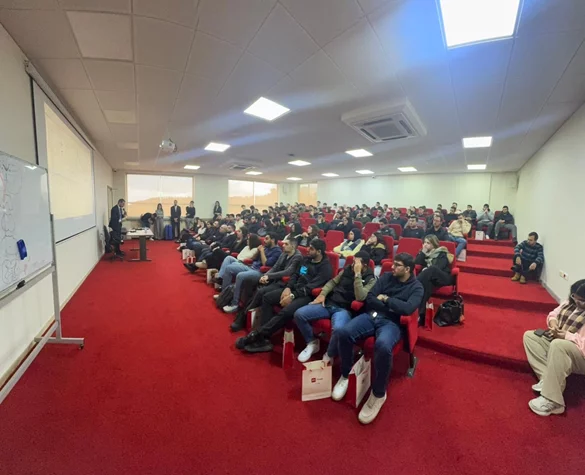
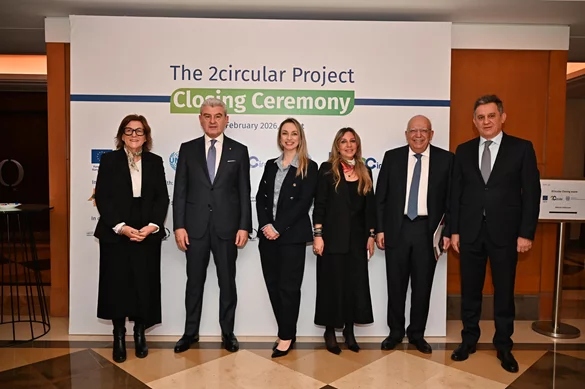

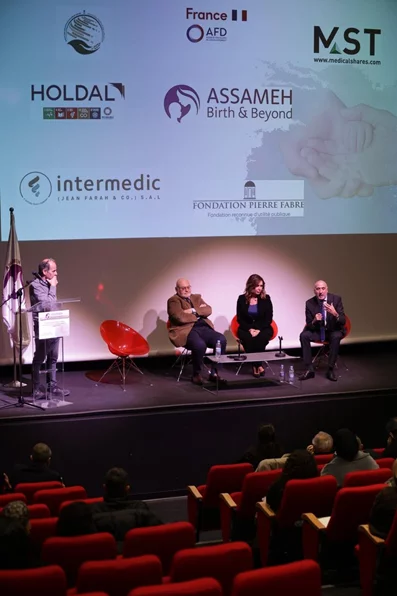

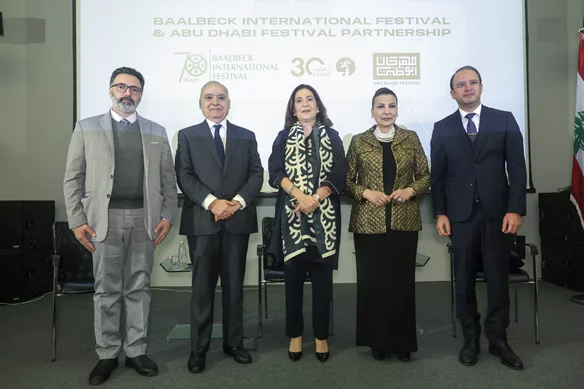
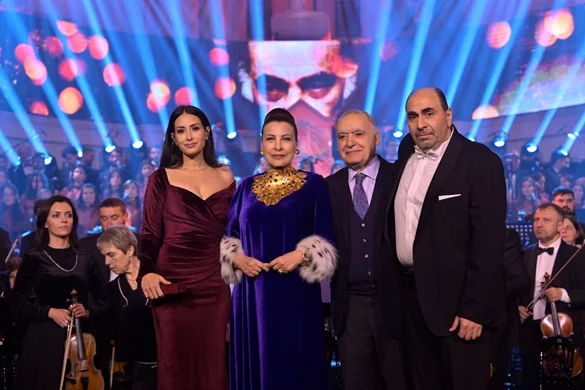

.webp)

